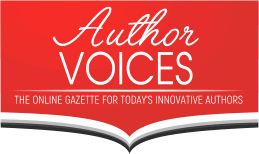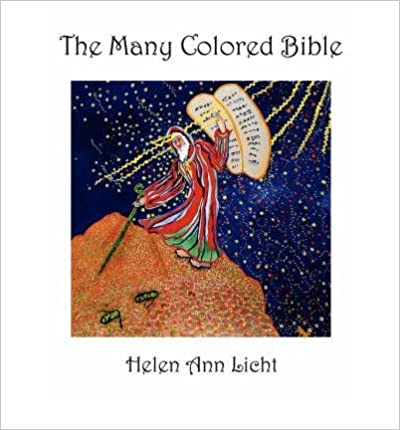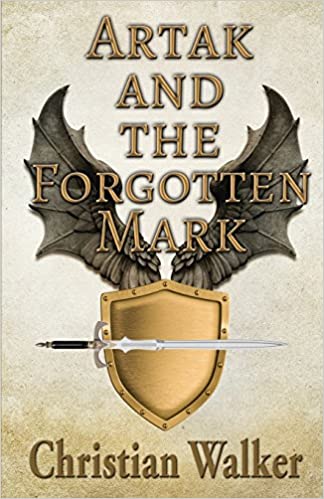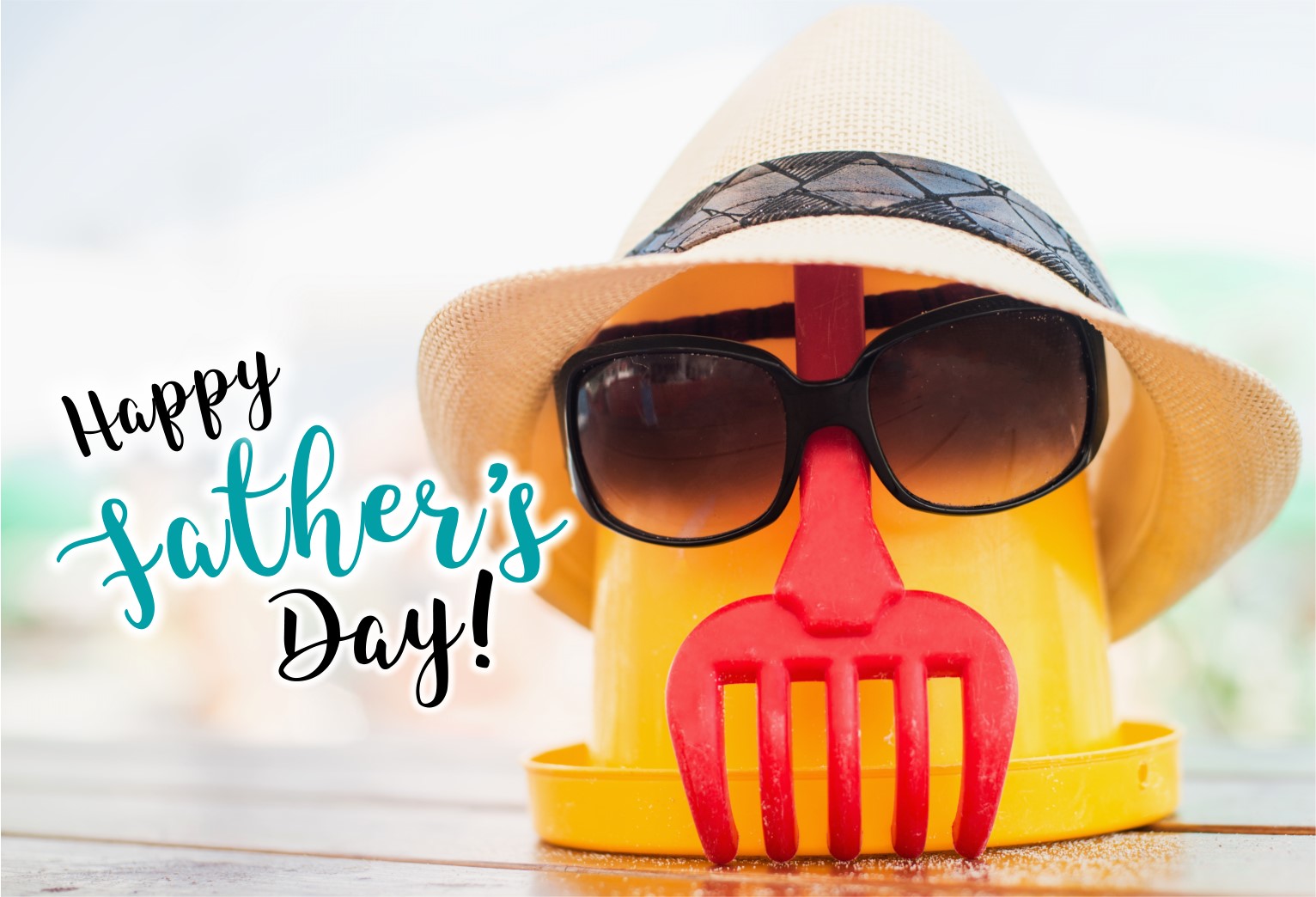Interview with James Agapoff
Author of Black Scales
Where are you from originally and where do you reside now?
I grew up in Calistoga, California, in the heart of the Napa Valley. Today, I reside in Honolulu, Hawaii.
If you currently reside somewhere besides where you were born, what’s the story that lead from there to here?
Calistoga is the kind of place where people dream to live unless you are a teenager. It is quiet, small, peaceful, and isolated from much of anything that might be considered fun or dangerous. When I received an acceptance to study Neuroscience and Behavior at Columbia University in New York City, my big-city dreams came true. Despite a desire to leave my rural life behind, I had few expectations for urban life, and this made the experience all the more worthwhile. I took in as many cultural opportunities as I could, given my busy university schedule. After receiving my bachelor’s and master’s degrees from Columbia, I attended medical school in Buffalo, New York, where I discovered I didn’t like the snow. From there, I moved to Honolulu to complete my medical residency in psychiatry. Due to the beautiful weather and Aloha spirit of the Hawaiian people, I have continued to practice psychiatry here today.
What made you decide to write and publish your first book?
I began writing Black Scales: Book I The Dragons of Apenninus, while I was doing my master’s degree research project in Nairobi, Kenya. At that point, I had received many medical school rejections, a few wait-list offers, and no acceptances. I remember reflecting on how I had dedicated almost all of my adult life to the singular goal of getting into medical school at the expense of my other passions like writing. I made a list of all the things I had neglected to reach my academic goals and decided that regardless of whether or not I matriculated to medical school, I would not abandon these goals. So began, Black Scales.
How would you describe your books to first time readers?
My favorite books growing up were fantasy adventures like the Chronicles of Narnia and The Hobbit. As much as I liked these books, I didn’t like their negative portrayal of dragons. The Halfblood Chronicles by Andre Norton and Mercedes Lackey was the first fantasy book series I read where dragons were protagonists. This progressive view of dragons inspired me to write my dragon novel series, exploring the complex relationships humans could have with an equally intelligent (or perhaps more intelligent) species. My Dragons of Apenninus series is an attempt to bridge the High Fantasy and Horror genres for a young adult audience interested in exploring complex themes of loss and growth. The story is told from multiple perspectives but follows the story of two teenage human protagonists, Icabus and Cana, who must overcome separation and adversity after a mad king enslaves their village seeking an ancient power. Cana and Icabus’s journey lead them to discover the dark secrets of their island home and the hundred-year-old mystery of what happened to the dragons of Apenninus.
Who do you feel is most likely to connect with the topics you write about?
I think my writing would be of interest to anyone who enjoys fast-paced, high stakes, fantasy adventures. You won’t find any elves or dwarves in my world, but you will discover gnomes, cyclops, lizard-men, and dragons, not to mention other fantastic creatures.
What unexpected or surprising thing did you learn during the process of writing and publishing?
One of the most exciting parts of writing is discovering new characters and places. The idea for Black Scales began after I had a dream of an island surrounded by a forest of floating trees. From this one scene, I developed an entire novel. Sometimes, a minor character becomes an integral part of the story. This kind of discovery is always fun. Sometimes it feels like the book writes itself.
If you could, what advice would you give to your past self before embarking on this journey?
I definitely underestimated the importance of establishing a social media platform before soliciting agents and marketing my first book. Social media has been something I’ve worked hard to develop before the release of my second novel. In terms of mindset and preparation, I would probably encourage my past self to embrace a growth mindset in terms of seeing challenges as opportunities for self-improvement. It’s hard not to feel a little dejected as your inbox fills with rejection letters.
How many people would you ideally like to reach with your books?
Two thousand years ago, a young Roman poet named Ovid got into a fight with his father. Being of a wealthy Roman family, Ovid’s father wished him to study law and become a politician. Ovid had little interest in law and told his father he wanted to write. His father became upset and demanded Ovid explain his choice, stating that anyone, even a poor man, could be a writer. Ovid told his father that while few people could become lawyers, the legacy of a lawyer was short-lived, but through poetry, he could live forever.
Today, Ovid’s poetry has survived. Rome and its bureaucracy have not. Ovid was right. Even though his image is lost to us, Ovid survives through his poetry. His legacy is of prose and character. I think all authors wish to be read. I consider my characters to be my legacy, and I hope they live on long after I am gone.
What has been the biggest challenge and frustration during the process to date?
Haha! If I’m honest, I found querying agents to be really frustrating. I spent hours writing these letters with very little success. I feel like my time may have been better spent writing, but I suppose it’s all part of the journey.
What’s your biggest strengths when it comes to book a) writing, b) publishing and c) marketing?
I am, first and foremost, a storyteller. Publishing and marketing don’t come naturally to me. I’ve learned that writing is a team effort, and the more we engage with critics, agents, publishers, and readers, the better chance our books have in the market.
What’s your biggest weakness when it comes to book a) writing, b) publishing and c) marketing?
I think there are disadvantages to self-publishing a novel in terms of marketing and distribution.
When do you think you will write your next book?
I am currently revising Prince of Authia, Book II: The Dragons of Apenninus, which I am aiming to publish by Spring 2020. I can promise more dragons, greater adventure, and higher stakes.
Are you self published or did you use a hybrid publisher, or a traditional publisher?
I used an independent publisher for my first novel and continue to seek representation for my second. I often joke with my friends that it’s easier to get into medical school than get a fantasy novel traditionally published. I continue to refine and improve my craft and have worked hard to improve my social media reach.
FEATURED AUTHORS
Worrying if I was telling too many secrets Leaving out so much.
Keep Reading »Writing is an arduous task even when one has all ideas clear in the read more
Keep Reading »Write the book, start marketing (letting people know of it) before you finish.
Keep Reading »










